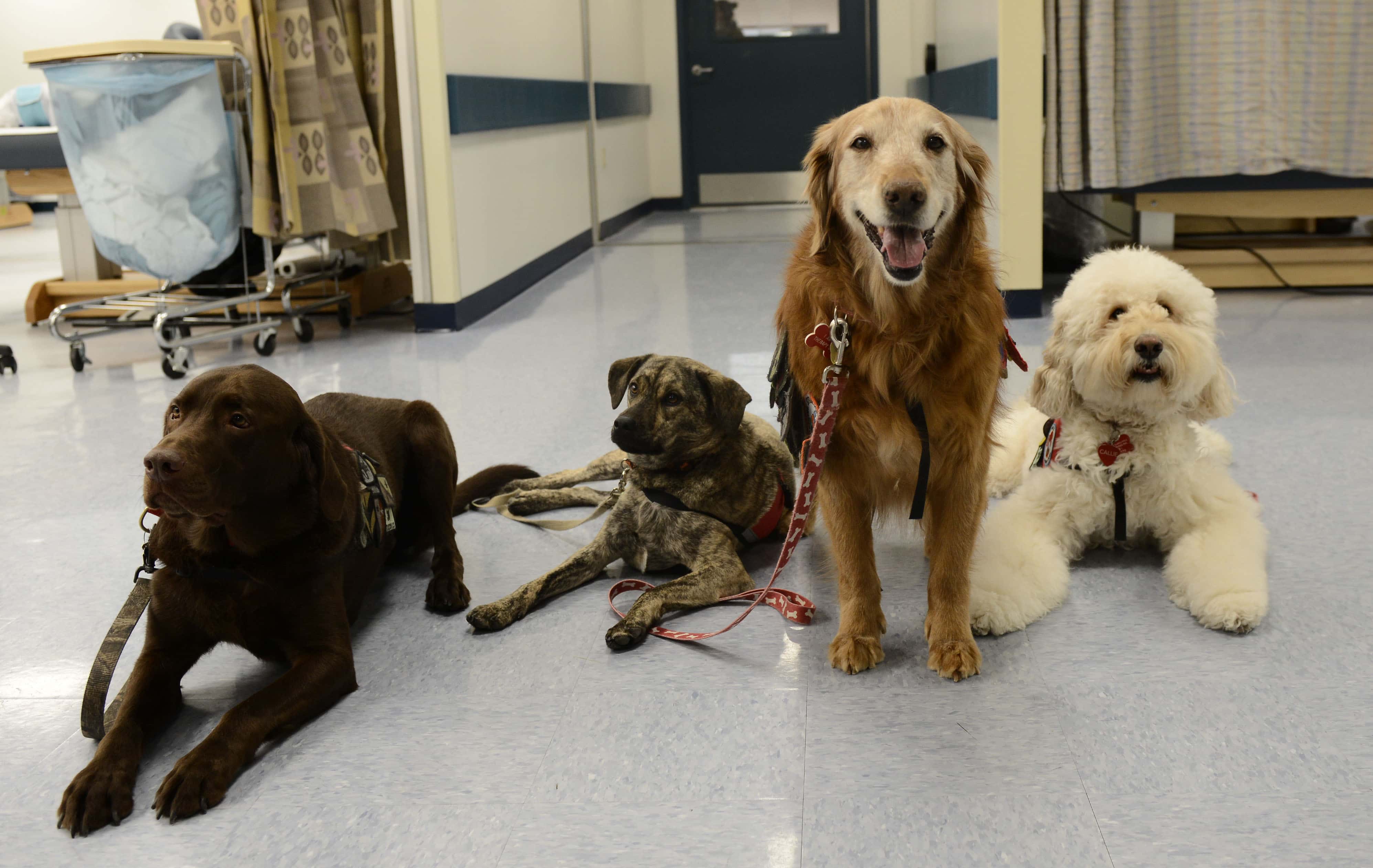Rottweilers: A Complex Breed in the Service and Therapy Roles
Introduction
Rottweilers, known for their imposing presence and unwavering loyalty, have also gained recognition for their potential as service and therapy dogs. However, the complexities surrounding this breed's suitability for these roles warrant critical examination. This essay will explore the nuances of Rottweilers as service and therapy dogs, analyzing different perspectives and drawing upon relevant research and evidence to present a comprehensive understanding of the issue.
Historical and Behavioral Context
Rottweilers originated in Germany as working dogs known for their strength and agility. Historically, they were prized for their ability to pull carts and guard livestock. These traits have contributed to their protective nature and loyalty. However, the breed's reputation as aggressive can be traced back to incidents of improper breeding and training practices.
In contrast to these negative perceptions, responsible breeding and socialization can produce well-balanced Rottweilers. Their innate intelligence and desire to please make them responsive to training and capable of performing complex tasks.
Service Dogs
Service dogs are trained to assist individuals with disabilities, performing specific tasks such as opening doors, retrieving items, or providing stability during balance issues. Rottweilers' strength and loyalty make them suitable candidates for certain service roles. For instance, they can effectively assist individuals with mobility impairments or those who require medical alert services.
Therapy Dogs
Therapy dogs provide emotional support and companionship in various settings, including hospitals, nursing homes, and schools. Rottweilers can excel as therapy dogs due to their calm and affectionate demeanor. Their presence can reduce stress, provide comfort, and promote a sense of well-being among those they encounter. Studies have shown that interacting with therapy dogs lowers blood pressure and anxiety levels, especially among individuals with mental health conditions.
Considerations and Challenges
While Rottweilers have the potential to be exceptional service and therapy dogs, several factors must be taken into account:
Training and Certification:
Comprehensive training and certification are crucial for service and therapy dogs. Rottweilers require specialized training to master specific tasks and ensure reliable performance. Accredited organizations provide rigorous assessments and certification programs to ensure that dogs meet the necessary standards.
Public Perception and Bias:
The breed's negative historical reputation can create apprehension among the public. Unfounded stereotypes and fear can result in Rottweilers facing discrimination or being denied access to certain establishments. Education and awareness campaigns are essential to address these misconceptions and promote a more informed public understanding.
Breed-Specific Challenges:
Rottweilers are prone to certain health issues, such as hip dysplasia and cardiac problems. These conditions require proper veterinary care and management to prevent complications and ensure optimal performance. Additionally, Rottweilers have a strong protective instinct that may need to be carefully managed in service or therapy settings.
Perspectives and Research
Opinions on the use of Rottweilers as service and therapy dogs vary widely. Some professionals contend that their inherent protective nature and potential for aggression make them unsuitable for these roles. Others argue that responsible breeding and training can mitigate these concerns.
Research on the subject is limited but generally supports the potential of Rottweilers for service and therapy work. A study by the National Animal Welfare Institute found that Rottweilers showed a high level of trainability and adaptability, performing well in both obedience and socialization tests.
Conclusion
The complexities surrounding Rottweilers as service and therapy dogs stem from a combination of historical perceptions, behavioral traits, and public attitudes. While the breed's strength, loyalty, and intelligence make them potential candidates for these roles, responsible breeding, comprehensive training, and public education are crucial to ensure their effectiveness and acceptance.
By addressing breed-specific challenges, challenging stereotypes, and promoting responsible practices, we can harness the potential of Rottweilers as valuable companions in service and therapy settings. This will not only benefit individuals with disabilities or those seeking emotional support but also contribute to a more inclusive and understanding society.
The Versatility Of Doberman Pinschers: Fun Facts
The Fascinating Coat Of Cane Corsos: Grooming Tips
The Intelligence Of Pembroke Welsh Corgis: Fun Facts

:strip_icc()/GettyImages-678833089-c028be113703415890510a940f256ef6.jpg)

